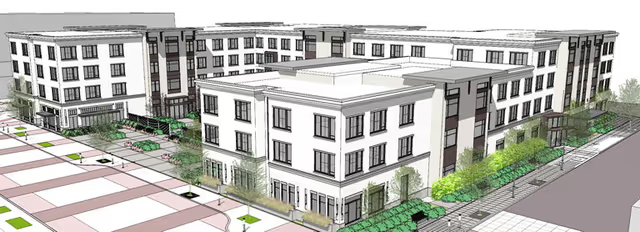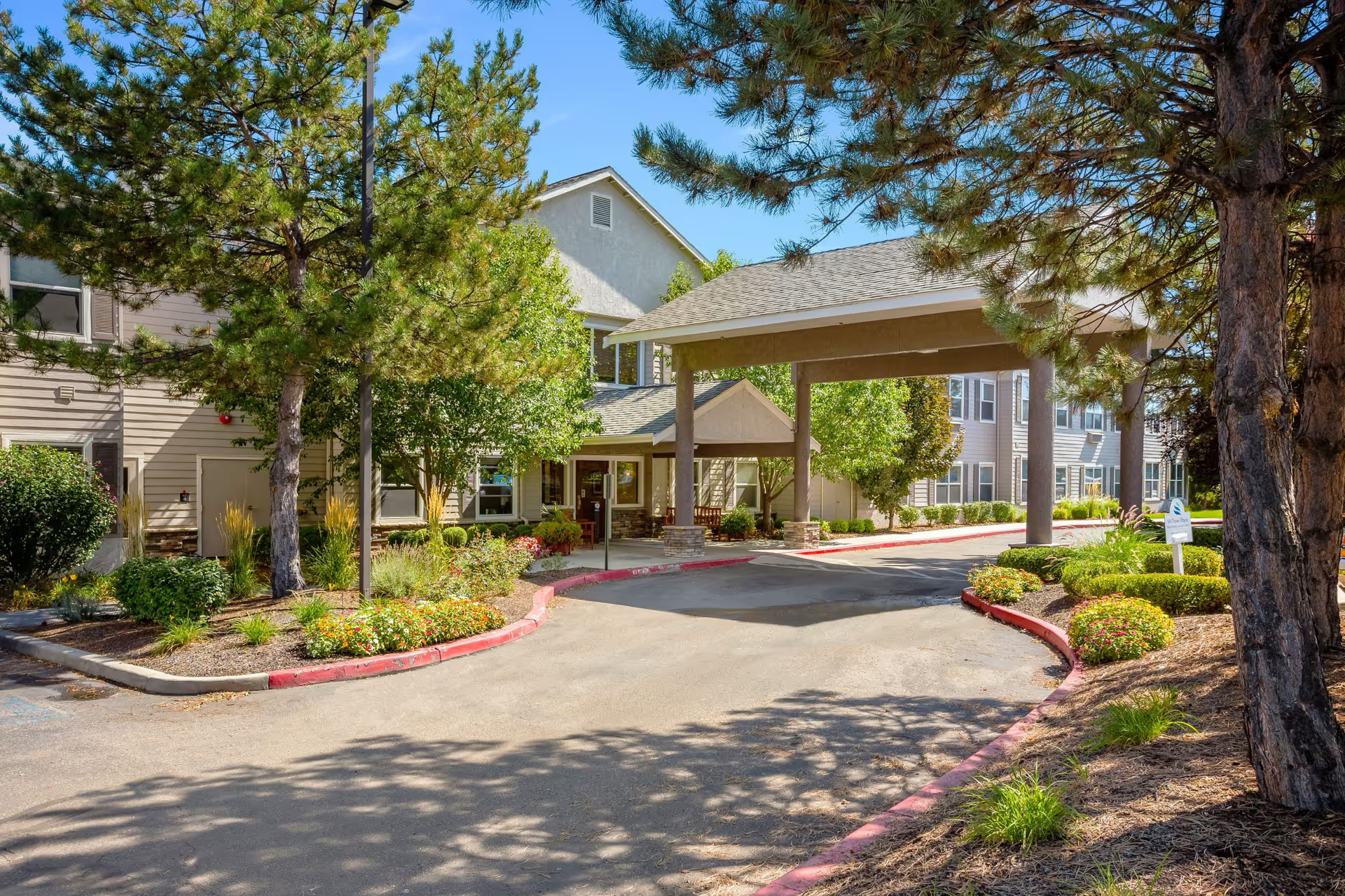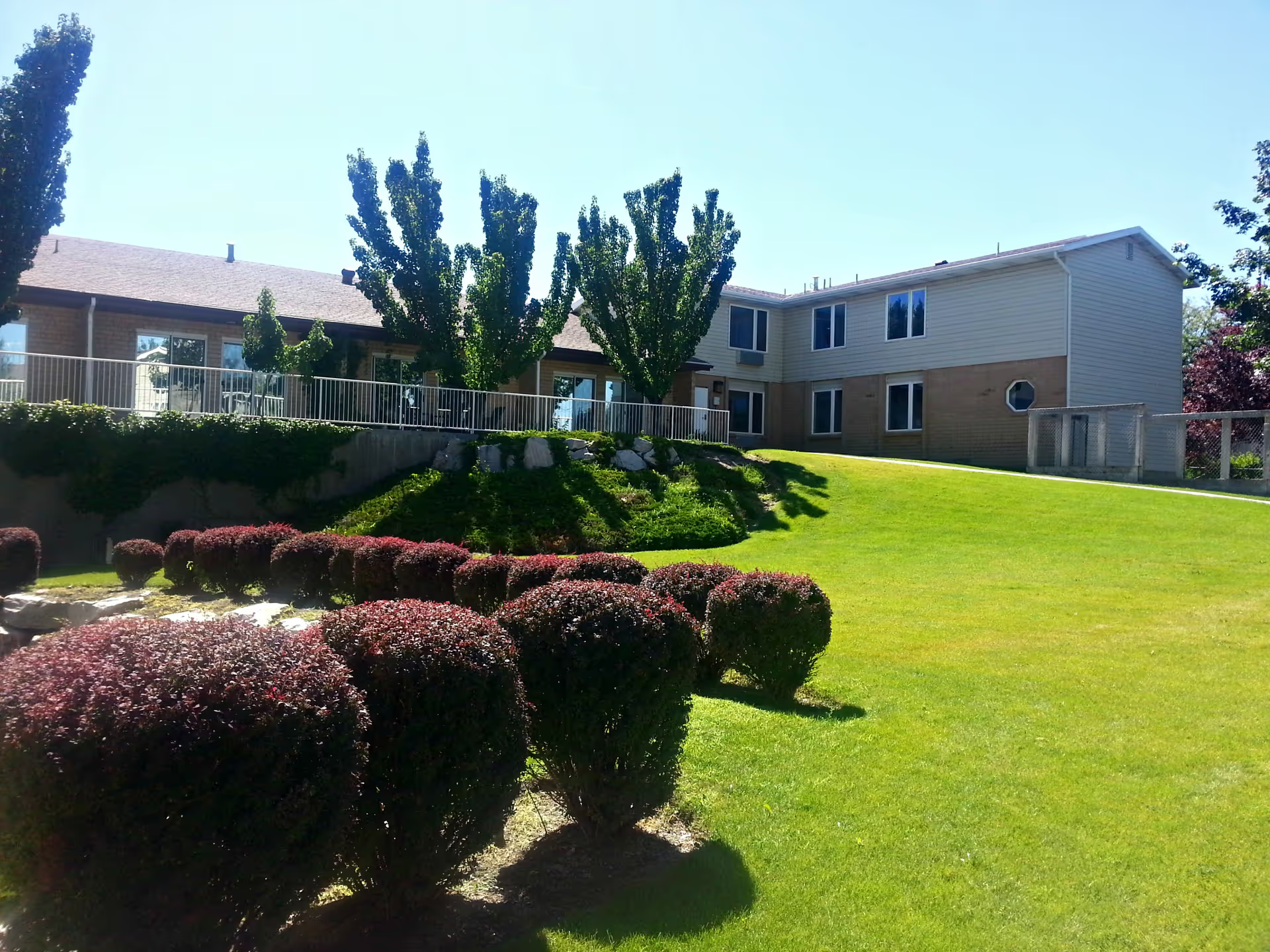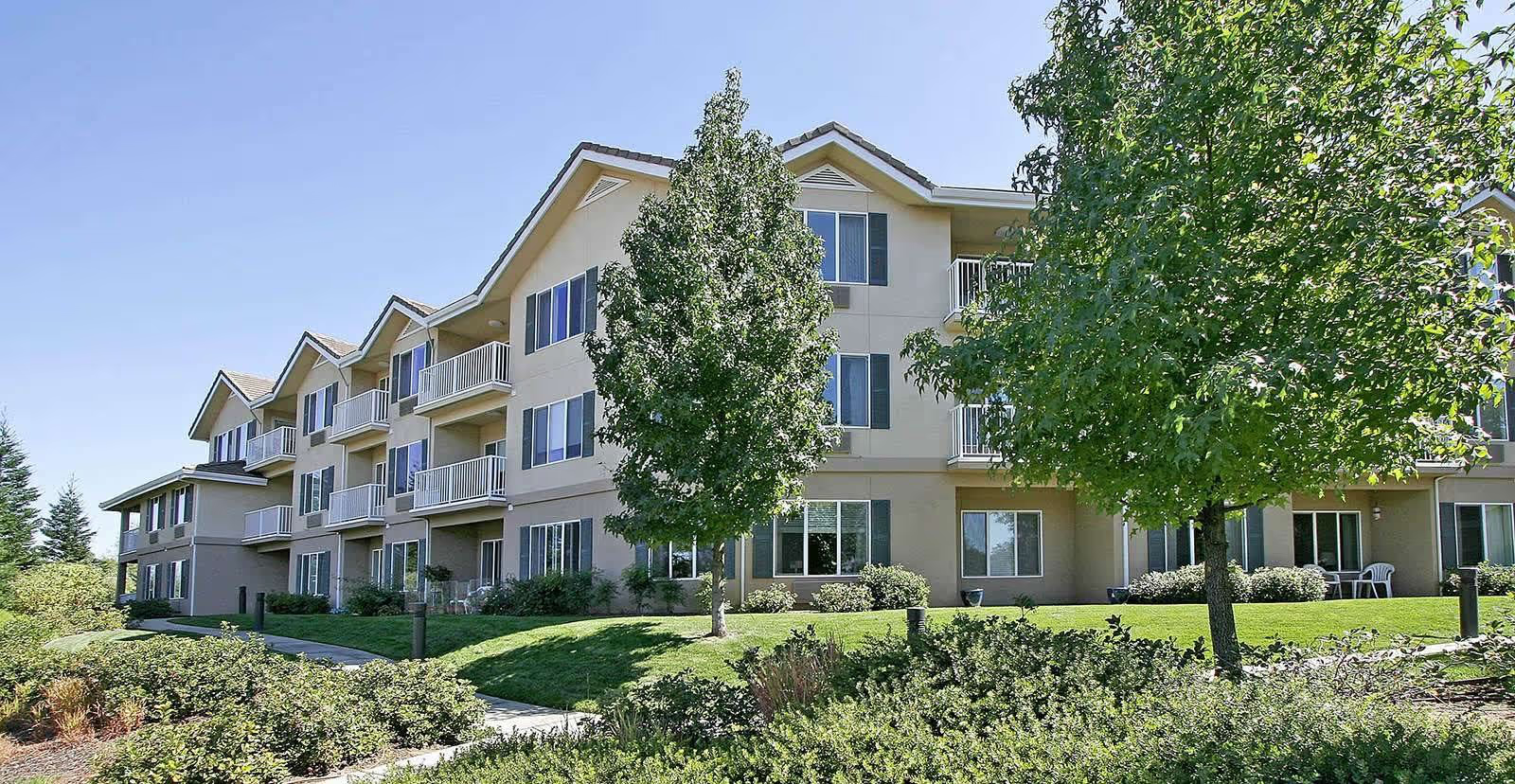The reviews for Aspen Quality Care Inc. are highly polarized, with a substantial number of very positive accounts describing a family-like, homey environment and an equal number of strong negative reports focused on safety, medication errors, and management problems. Positive reviewers repeatedly emphasize compassionate, attentive staff who create a warm, secure atmosphere; many describe the setting as non-institutional, with clean private rooms, inviting main living areas, a pleasant outdoor backyard/deck, and owners who provide personal, hands-on service. Several families specifically praise end-of-life and hospice support and name staff members as going “the extra mile.” For these reviewers the facility feels like a caring extended family and a place where residents are treated with dignity and respect.
Contrasting sharply with those accounts, a significant set of reviews detail serious clinical and operational failures. Multiple reviewers report medication administration problems—late medications, incorrect dosages, and even canceled prescriptions—which in several cases coincided with adverse outcomes. There are several alarming safety-related reports: an untransferred fall with head impact, pressure sores that became infected and required hospitalization, and other incidents that prompted clinical staff to advise reporting to the state Department of Health. These are not isolated minor complaints; they represent potentially severe lapses in clinical oversight and resident safety that were repeated across summaries.
Food and housekeeping are other areas with mixed but concerning feedback. While many reviewers praise homemade food and the facility’s ability to accommodate special diets, others describe “terrible” meals, wrong meal substitutions (for example, vegetables being swapped for yogurt), and dining environments made unsanitary by pets (dog urine or feces in rooms or dining areas in some accounts). Housekeeping is likewise reported as inconsistent: multiple reviewers say rooms and common areas are clean and pleasant, yet others recount dirty rooms and housekeeping failures. The presence of small and large dogs is repeatedly noted as both a positive, therapeutic element and, in several reviews, a hygiene problem when pet waste is not managed properly.
Staffing, management, and communication emerge as a major theme that helps explain the variability of experiences. Some reviewers state that management and administration are professional, responsive, and genuinely caring; others describe defensive, unprofessional behavior from administrators, employees being fired by text, high turnover, backstabbing coworkers, and an owner who sides with administration. There are specific allegations of billing disputes and charges higher than quoted, and of negative responses to critical reviews—indicating reputational management issues. Staffing shortages and high turnover were explicitly linked by reviewers to delayed call-bell responses (especially at night), residents being left alone during meals, and a scarcity of activities and calendar events.
Activities and social programming are another mixed area: many reviewers praise a lively environment and a sense of camaraderie among residents and staff, but several accounts say there are few activities, rarely any calendar events, and little visible programming. This inconsistency could reflect different wings or times, or effects of understaffing and turnover. There is also an outlying concern about neighborhood safety raised by at least one reviewer who described a dangerous nearby area, which may be relevant to prospective families depending on location sensitivity.
Overall, the pattern in these reviews suggests a facility that can provide excellent, compassionate, home-like care under certain staffing and management conditions, but which also has documented, serious lapses in clinical safety, medication management, housekeeping, and administrative professionalism. The most consequential and recurring negative themes are medication errors and significant safety incidents (falls and pressure sores leading to hospitalization), delayed responses to call bells, and managerial dysfunction including billing disputes and high staff turnover. Positive themes consistently reference warm interpersonal care, clean and comfortable spaces (for many), and strong end-of-life support.
For a prospective family or professional evaluating Aspen Quality Care, the key considerations based on reviews are: 1) confirm current clinical oversight and medication administration processes (given multiple reports of medication errors and adverse outcomes), 2) assess staffing stability and night coverage to address call-bell response and supervision concerns, 3) verify housekeeping and pet-management policies in person if pets are present, 4) clarify billing practices and written cost estimates, and 5) ask for current activity calendars and examples of typical programming. The mixed nature of reviews suggests outcomes may vary significantly depending on which staff are on duty, recent management changes, or the specific home within the organization—so in-person visits, references from current families, and direct questions about the specific safety incidents noted in reviews are especially important.







